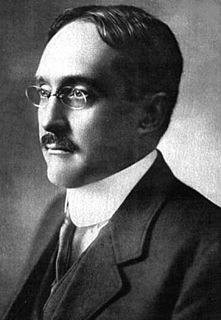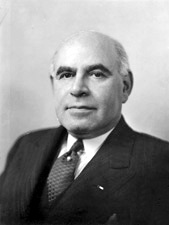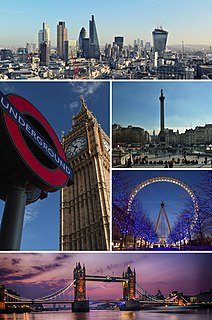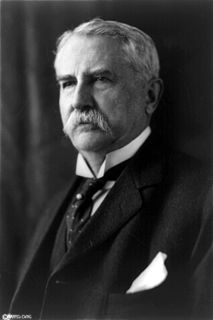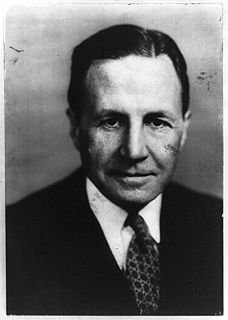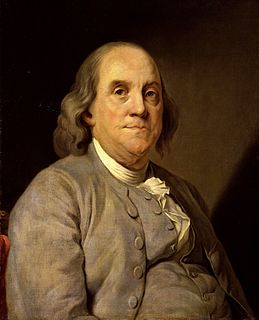Lithgow Osborne | |
|---|---|
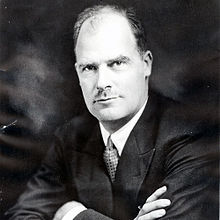 | |
| United States Ambassador to Norway | |
| In office December 20, 1944 –April 20, 1946 | |
| President | Franklin D. Roosevelt [1] |
| Preceded by | Anthony J. Drexel Biddle, Jr. |
| Succeeded by | Charles Ulrick Bay |
| Personal details | |
| Born | 1892 Auburn, New York, U.S. |
| Died | 1980 |
| Nationality | American |
| Spouse(s) | Countess Lillie Raben-Levetzau |
| Children | 3 sons |
| Father | Thomas Mott Osborne |
| Alma mater | Harvard University |
Lithgow Osborne (1892 - 1980) was an American career diplomat. Lithgow Osborne was the third son of Thomas Mott Osborne. He was the United States ambassador to Norway from 1944 to 1946.

The United States of America (USA), commonly known as the United States or America, is a country comprising 50 states, a federal district, five major self-governing territories, and various possessions. At 3.8 million square miles, the United States is the world's third or fourth largest country by total area and is slightly smaller than the entire continent of Europe. With a population of over 327 million people, the U.S. is the third most populous country. The capital is Washington, D.C., and the most populous city is New York City. Most of the country is located contiguously in North America between Canada and Mexico.

Thomas Mott Osborne was an American prison administrator, prison reformer, industrialist and New York State political reformer. In an assessment of Osborne's life, a New York Times book reviewer wrote: "His career as a penologist was short, but in the interval of the few years he served he succeeded in revolutionizing American prison reform, if not always in fact, then in awakening responsibility.... He was made of the spectacular stuff of martyrs, to many people perhaps ridiculous, but to those whose lives his theories most closely touched, inspiring and often godlike."

